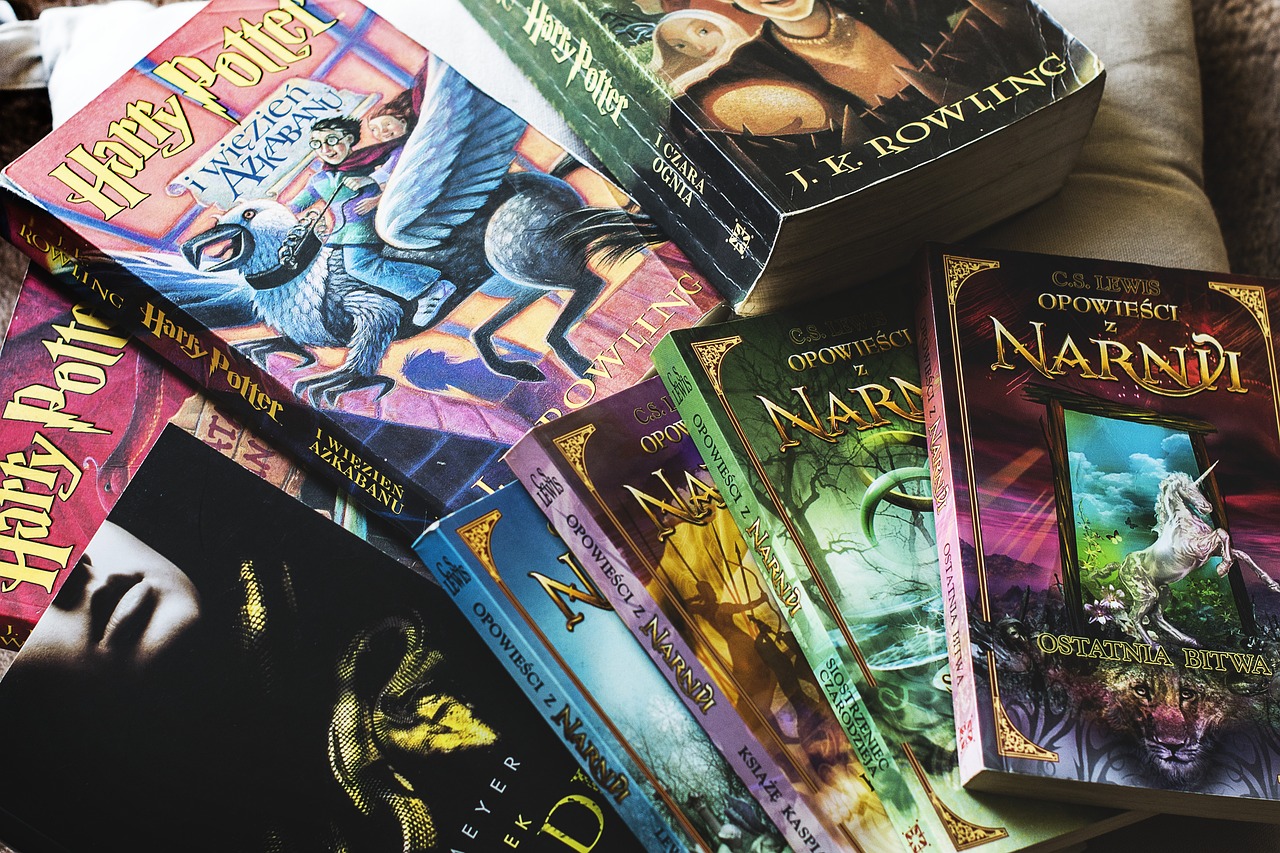
British culture has had a tremendous influence on the world, particularly in the realm of literature. From Shakespeare to J.K. Rowling, the United Kingdom has produced some of the most iconic and beloved works of literature in history. But it’s not just the stories themselves that have had an impact – the influence of British literature can be seen in popular culture worldwide.
One of the most significant ways that British literature has influenced popular culture is through adaptations. Countless books, plays, and poems have been adapted into films, television shows, and even video games. Just think of the countless adaptations of Shakespeare’s plays, from the classic film versions of Romeo and Juliet to modern retellings like the 1996 film “Romeo + Juliet” starring Leonardo DiCaprio and Claire Danes. And then there’s the Harry Potter franchise, which has spawned eight films, a play, and even a theme park. The popularity of these adaptations speaks to the enduring appeal of British literature and the impact it continues to have on audiences worldwide.
Another way that British literature has influenced popular culture is through the use of literary references in other works. Whether it’s a character quoting a line from a classic novel or a television show referencing a famous literary figure, these nods to British literature are ubiquitous in popular culture. For example, in the hit television show “Gilmore Girls,” the two main characters are constantly making references to literature, from Jane Austen to Sylvia Plath. These references not only serve to enrich the viewing experience for those who are familiar with the works being referenced, but they also introduce new audiences to classic British literature.
British literature has also had a significant impact on the music industry. From The Beatles to Pink Floyd, British musicians have often drawn inspiration from literary works. Perhaps one of the most famous examples of this is Led Zeppelin’s “Ramble On,” which references both J.R.R. Tolkien’s “The Lord of the Rings” and Robert Plant’s travels in Morocco. And who can forget David Bowie’s “Diamond Dogs,” which was inspired by George Orwell’s “1984.” These references not only add depth and meaning to the songs, but they also introduce new audiences to the literature that inspired them.
Finally, British literature has had a profound impact on the way we use language. Phrases and words from classic British works have become a part of our everyday lexicon. For example, the phrase “Beware the Ides of March” from Shakespeare’s “Julius Caesar” is still commonly used today, as is the word “serendipity,” which was coined by the eighteenth-century writer Horace Walpole. And then there are the countless words and phrases that we use without even realizing their literary origins. Words like “gargoyle,” “lunatic,” and “pandemonium” all come from works of British literature.
The influence of British literature on popular culture worldwide cannot be overstated. From adaptations to literary references to music and language, the impact of British literature can be seen in nearly every aspect of popular culture. So the next time you catch a reference to Shakespeare in a movie or hear a rock song that pays tribute to a classic novel, remember that you’re experiencing the enduring legacy of British literature.”
Discover more from Anglotees
Subscribe to get the latest posts sent to your email.
